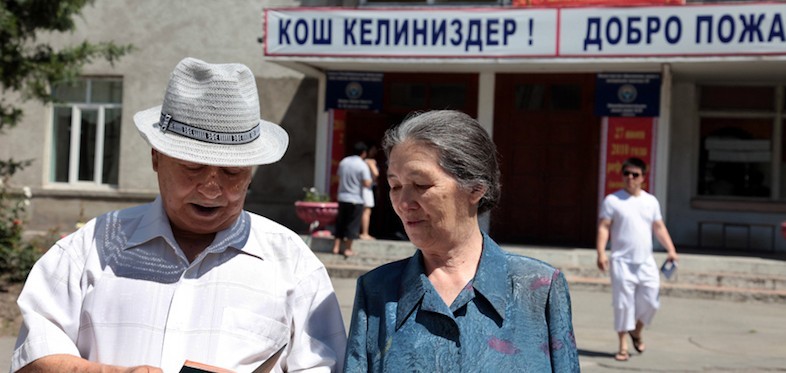During the review period, Tajikistan’s authoritarian entrenchment continued, with President Emomali Rahmon and his inner circle monopolizing power and maintaining an unyielding grip on political institutions. Despite international pressure, the regime continued to violate human rights, with crackdowns on freedom of expression and political opposition.
Economically, Tajikistan relies heavily on remittances (30% of GDP). However, sanctions against Russia and post-pandemic economic challenges exposed its vulnerability to external shocks. Economic policies benefit politically connected elites. State-linked enterprises dominate the business environment, with aluminum and cotton as key exports.
Regionally, President Rahmon adopted an antagonistic policy toward Afghanistan, fearing violence spillover and Islamist destabilization, emphasizing his role as a domestic stability guarantor. Internationally, China’s increasing financial influence bolstered executive power, reducing international aid’s significance. Large-scale hydropower and transportation projects remain the economic focus despite pressure to invest in social protection, education, and health.

